Darren Aronofsky – darker sides of human states
Since his feature film debut with Pi 25 years ago, Darren Aronofsky has continuously explored the limits of what is possible and bearable to watch in all his movies. His unique approach to the darker side of human states of being has made him one of the cult directors of our time.
Born in 1969, he spent his childhood and youth in Brooklyn, New York. After finishing high-school, he majored in social anthropology and studied filmmaking. Following his graduation, Aronofsky received a Master of Fine Arts in directing. Six years later, he won the Best Director award at the 1998 Sundance Festival for Pi. Although his next movies, Requiem for a Dream and The Fountain were cast with actors like Jared Leto, Rachel Weisz and Hugh Jackman, it was 2008 when Aronofsky had his commercial breakthrough with The Wrestler.
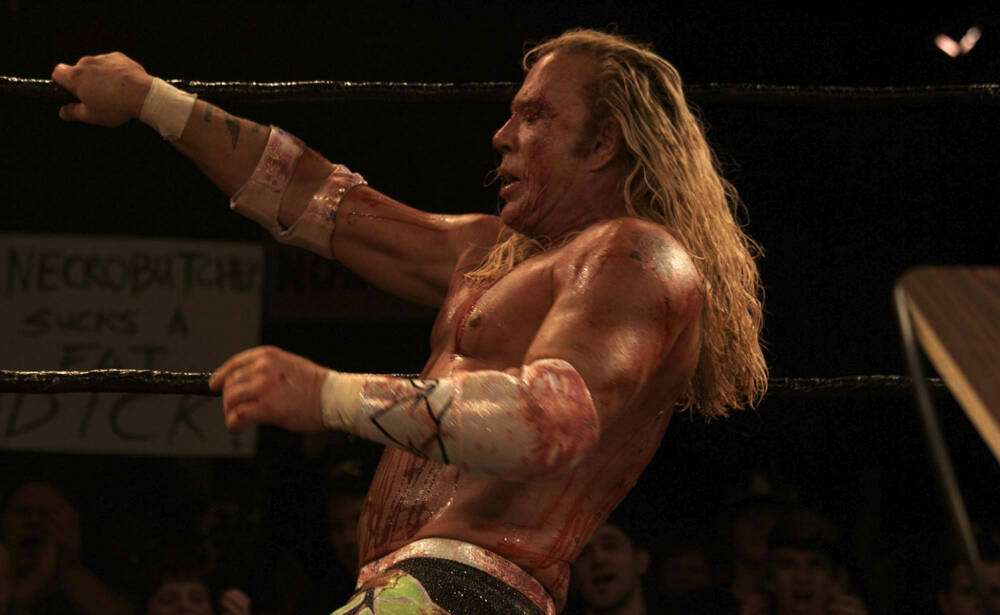
In each of his movies, he highlights the darkness within his characters with such visual and acoustic force, it’s impossible to withdraw. Aronofsky has stated that the Bible is one of his biggest sources of inspiration. The various cardinal sins reappear throughout his work, sometimes more prominent, sometimes subliminal. Let’s take a brief look at how he works with religion in some of the movies:
Pi is about Max, a genius number theorist who becomes obsessed with finding mathematical patterns in nature and the universe. His search for meaning expands into the idea to find a hidden code in the Thora. The journey makes Max become increasingly paranoid, his hallucinations worsen and ultimately, his state can be described as pure madness.
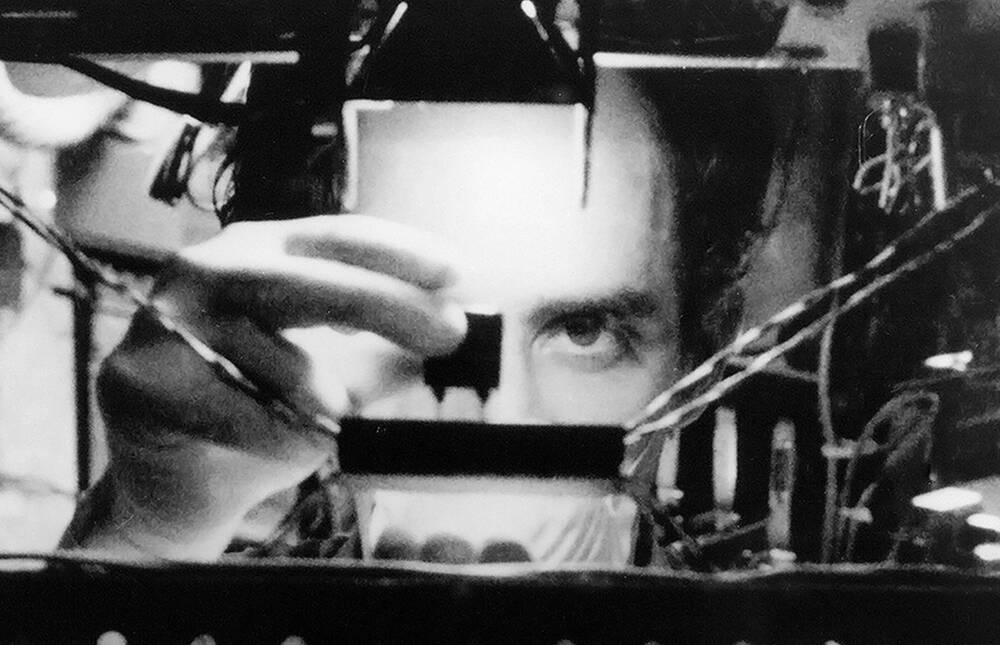
The most religious movie is Noah: a cinematic depiction of the famous character of the book of genesis. Although it is set 2000 BC, the movie draws parallels to today’s day an age: the destruction of nature by humankind — led by Cain’s descendants who exploit the earth to build cities and grow their wealth — which culminates in nature (or, in this case, “god”) striking back by flooding the planet.
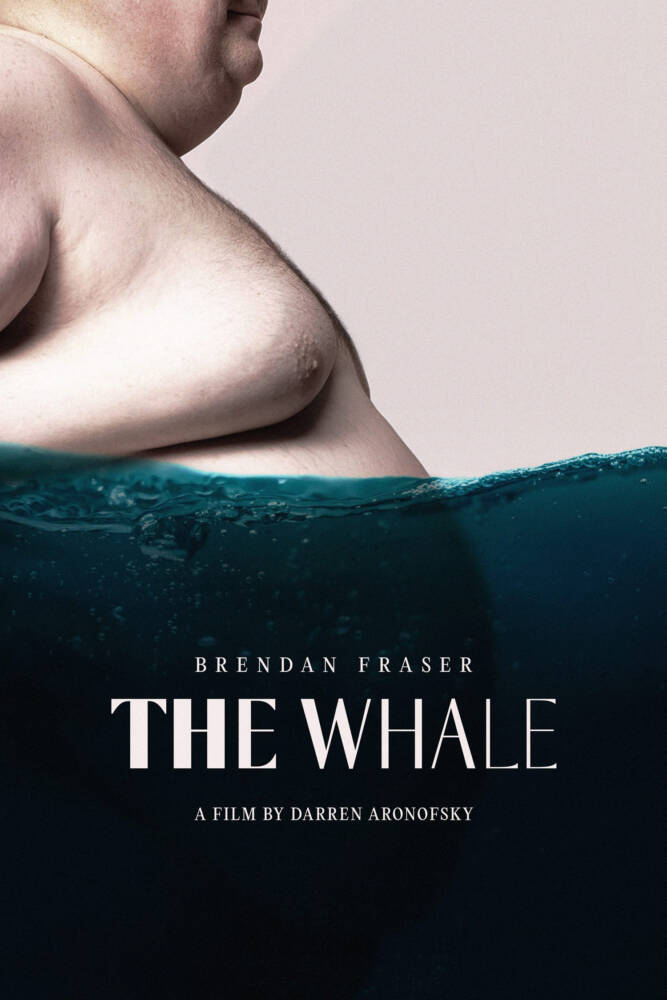
The Whale, which came out late 2022 and won Brendan Fraser the academy award for best actor, has a more subtle religious touch to it: the supporting character of Thomas, a missionary for the New Life Church, wants to save Charlie by joining his church. Charlie’s suffering can be interpreted to be caused by gluttony, one of the 7 cardinal sins.
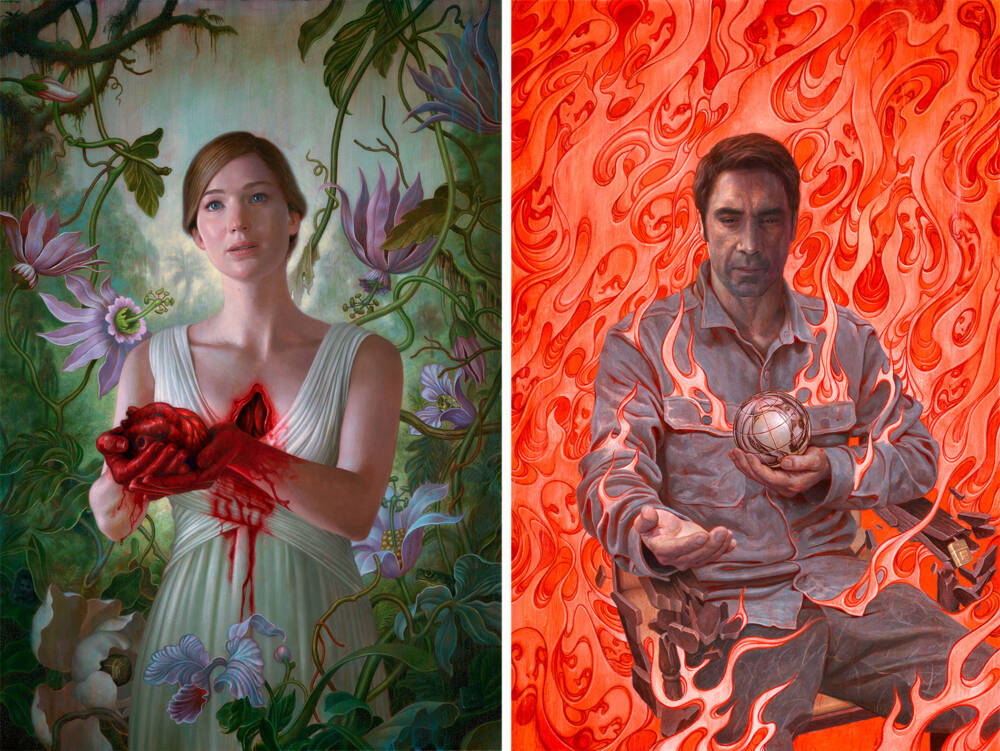
However, it would be deceiving to call Aronofsky a religious director. Instead of solidifying religious views, he creates empathy and understanding for people in desperate situations. Creating characters who are brought to their limits causes the audience to reach it’s own.
Be it Noah, who wants to kill his yet unborn grandchildren, Charlie, who continuously worsens his health by his behavior or Nina who spirals into a nightmare of self-destruction rooted in the wish to be perfect. How different the characters and stories might be, they all challenge the audiences preconceptions and offers the opportunity to question hastily made judgements and opinions.
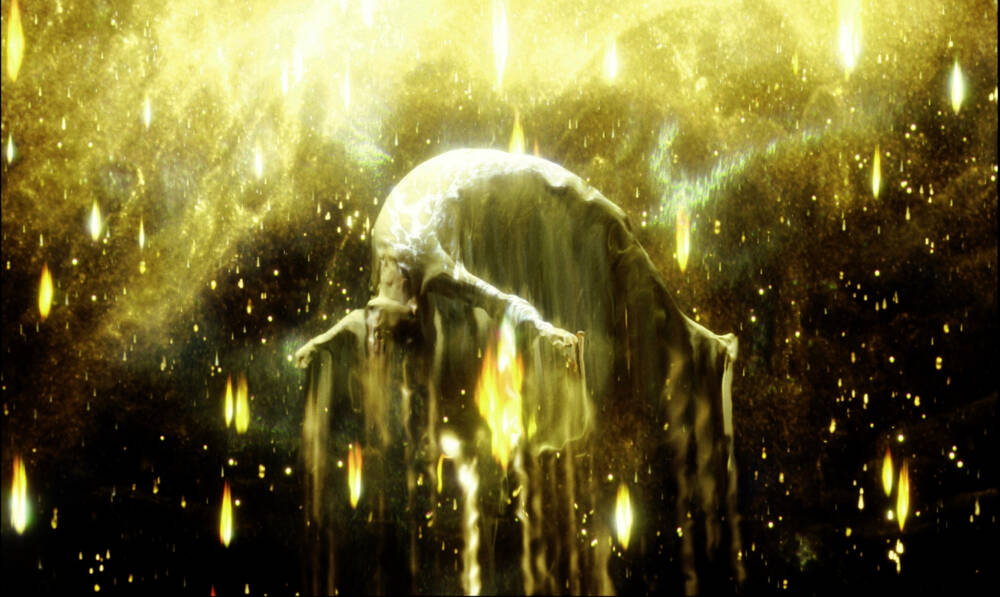
Image Credits © Darren Aronofsky